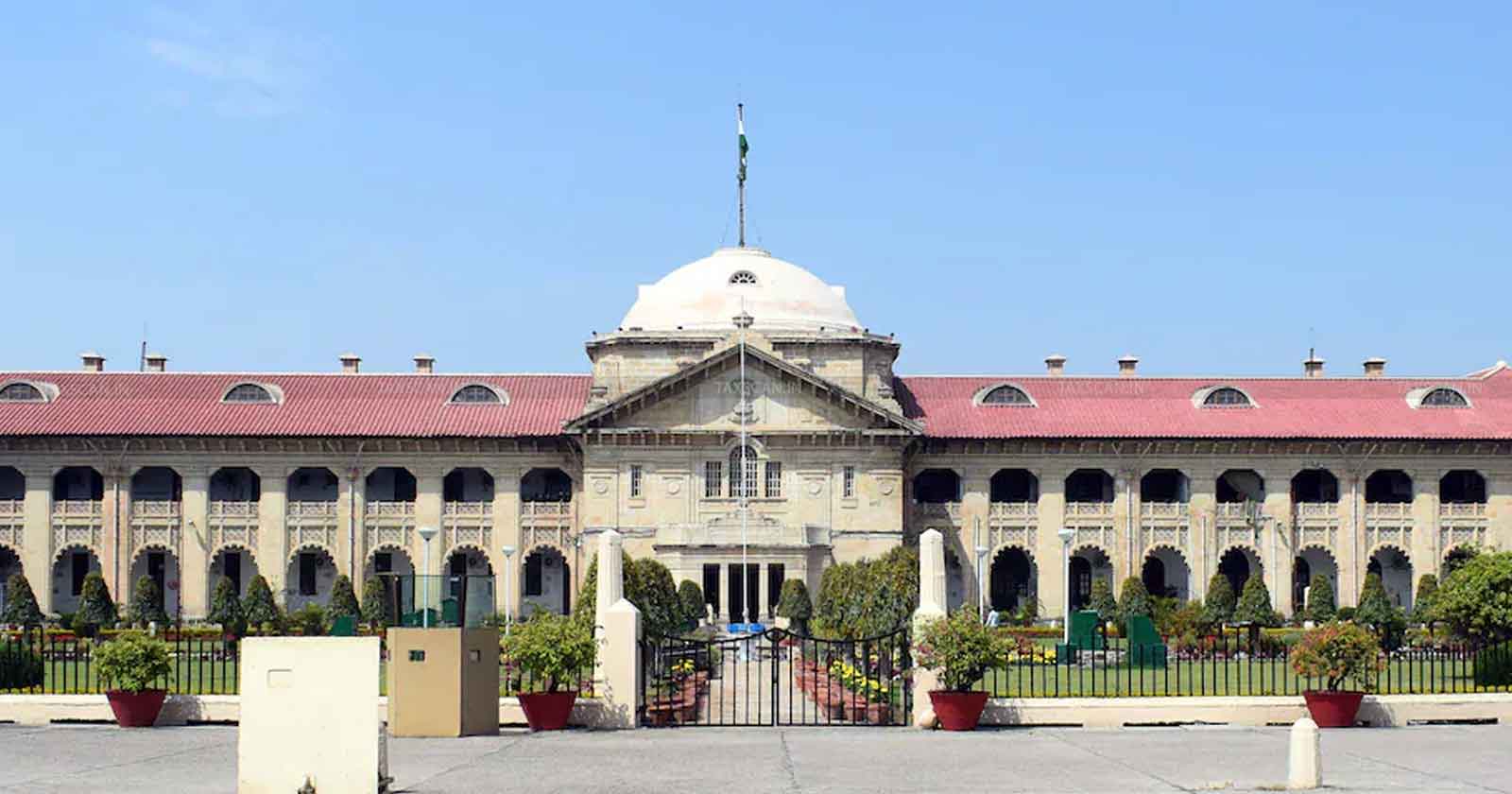GST S. 74 Proceedings' Closure Does Not Absolve Penalty u/s 122: Allahabad HC refuses to Quash Penalty against Patanjali Ayurved
Allahabad High Court concluded that the GST adjudicating officer had jurisdiction and authority to proceed under GST Section 122 and no interference was warranted at this stage

In a recent ruling, the Allahabad High Court has refused to interfere with the show cause notice ( SCN ) issued to M/s Patanjali Ayurved Ltd., proposing a penalty of ₹273.5 crore under Section 122 of the Central Goods and Services Tax (CGST) Act, 2017.
The division bench comprising Justices Shekhar B. Saraf and Vipin Chandra Dixit ruled that “conclusion of proceedings on the main person under Section 74 of the CGST Act shall not ipso facto abate the proceedings under Section 122 of the CGST Act proposed to be imposed on the main person.”
The court in its judgment dated May 29, 2025, dismissed Patanjali’s writ petition which had challenged the very maintainability of the proceedings initiated under Section 122, following the department’s withdrawal of tax demand under Section 74 of the CGST Act.
 Also Read:Allahabad HC Slams VAT Assessing Authority for Copy-Paste Orders Ignoring Remand Directions, Orders Appropriate Action by Pr. Secretary [Read Order]
Also Read:Allahabad HC Slams VAT Assessing Authority for Copy-Paste Orders Ignoring Remand Directions, Orders Appropriate Action by Pr. Secretary [Read Order]
The petitioner company, a prominent FMCG manufacturer, had earlier faced an extensive investigation across its manufacturing units in Uttarakhand, Haryana, and Maharashtra. The Directorate General of GST Intelligence (DGGI), Ghaziabad, alleged that the company had engaged in circular trading and availed ineligibleInput Tax Credit (ITC) without actual movement of goods.
However, in January 2025, the GST authorities dropped proceedings under Section 74 against Patanjali’s Uttarakhand unit after finding no irregularity in the ITC availed, noting that goods were properly accounted for and tax had been paid.
The UAE Tax Law Is Evolving — Stay Ahead Before Clients Find Someone Who Already Is, Enroll Now
Following this development, Patanjali argued that since proceedings under Section 74 had concluded in its favour, the consequential penalty proceedings under Section 122 must also be dropped. The core of its argument was that the penalty under Section 122 is criminal in nature and must follow a conclusive determination of tax liability under Section 74.
Patanjali contended that Section 122 involves "offences" as defined under the General Clauses Act and should therefore be tried by a criminal court under proper procedural safeguards, especially when it entails a quasi-criminal penalty of ₹273.5 crore.
However, the High Court did not accept this contention. The Court held that Section 122, though placed under the chapter on "Offences and Penalties," is essentially a civil provision dealing with administrative penalties, distinct from criminal prosecution under Section 132. It observed that the penalty under Section 122 can be adjudicated by a proper officer and need not await or depend upon the outcome of proceedings under Section 74.
Importantly, the Court noted that Explanation 1(ii) to Section 74 of the CGST Act allows proceedings under Section 122 and 125 to be deemed concluded if those under Section 74 are dropped against the main person, but this deeming fiction does not apply automatically in all cases or to co-notices.
 Also Read:GST Proper Officer Must Pass Reasoned Order u/s 75(6) Even If Assessee Does not Respond to SCN: Allahabad HC [Read Order]
Also Read:GST Proper Officer Must Pass Reasoned Order u/s 75(6) Even If Assessee Does not Respond to SCN: Allahabad HC [Read Order]
The bench further clarified that even where tax demand is dropped under Section 74, the GST authorities are empowered to proceed under Section 122 independently if the facts disclose violations such as issuing invoices without actual supply or availing ITC without receipt of goods.
The department had, in fact, narrowed the scope of action to penalty proceedings alone after exonerating the petitioner under GST Section 74, and the show cause notice for penalty was found to have detailed factual allegations and legal grounds.
Dismissing the plea, the Court held that Patanjali’s arguments conflated the nature of penalty under Section 122 with criminal punishment under GST Section 132. It reiterated that civil penalties under tax laws, even where mens rea is present, are adjudicated administratively and do not require prosecution through criminal courts unless expressly stated.
The Allahabad High Court concluded that the GST adjudicating officer had jurisdiction and authority to proceed under GST Section 122 and no interference was warranted at this stage. Accordingly the writ petition was dismissed.
 Also Read:Error in One or Two Digit in GST Invoice or E-Way Bill Not Ground for Sec. 129 Proceedings: Allahabad HC [Read Order]
Also Read:Error in One or Two Digit in GST Invoice or E-Way Bill Not Ground for Sec. 129 Proceedings: Allahabad HC [Read Order]
Support our journalism by subscribing to Taxscan premium. Follow us on Telegram for quick updates


